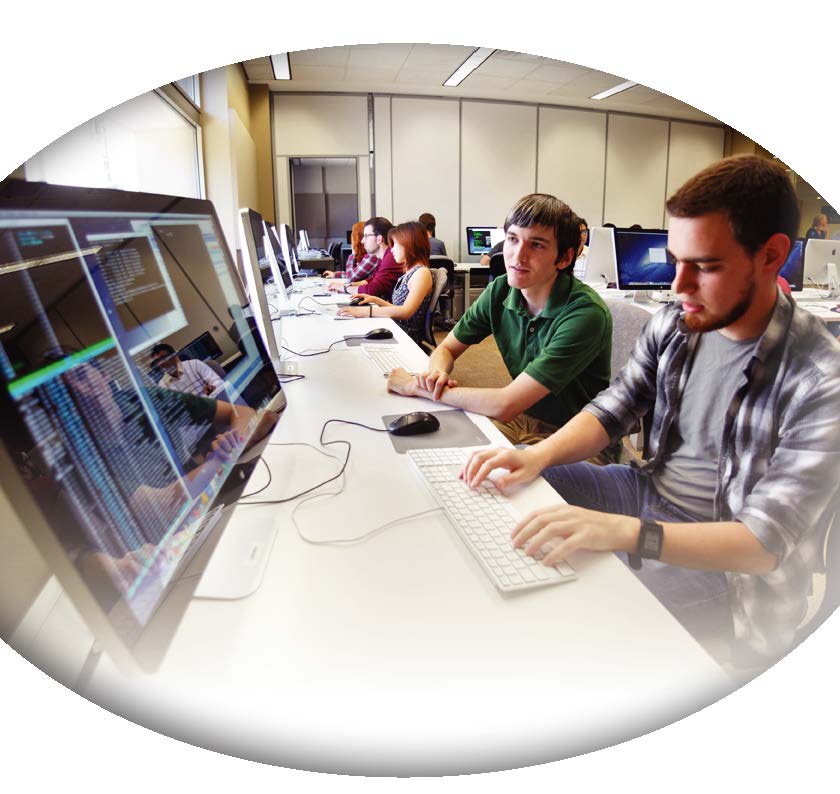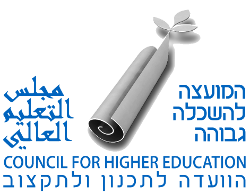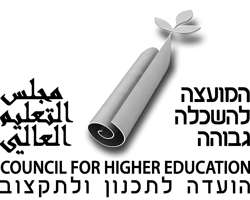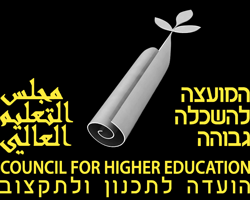The Digital Learning Revolution: Persons Above the Age of 40 Are Returning to Academia.
2018/19 Data:

- Approximately 50,000 students are enrolled in digital academic courses.
- Approximately 10,000 students have successfully completed these courses.
- Approximately 25% of the students who finished these courses are above the age of 40 (14.7%) or under the age of 20 (8.7%).
By way of comparison, in “ordinary” academic education, only 5% of students are above the age of 40 and 5.4% are under the age of 20.
Chair of the Planning and Budgeting Committee, Prof. Yaffa Zilbershats: “The new data shows that the digital academic learning revolution is underway, and in the coming years, the breakdown of students in Israel is expected to change – and this requires academic institutions to update their methods of instruction, to adjust them to accelerated technological changes and to the fact that student ages will be diversified and spread over a spectrum starting at high school age and reaching all the way up through retirement age. Primarily, academic institutions must take into account the fact that in the new realms of employment, people frequently change their place of work, switch careers, and seek to enrich their professional knowledge. Academic digital learning enables alumni who integrated into the world of industry to return to academia at a place and time that are convenient for them and acquire relevant and updated knowledge.”
The Minister for Social Equality, Gila Gamliel: “Campus IL is one of the harbingers of the social equality revolution, and in close and fruitful collaboration with the CHE, we are facilitating accessibility to higher education for all citizens of Israel, whoever they may be. Tens of thousands of female and male students who have already joined the revolution enjoy full access to a rich variety of courses, both academic and professional, with the best instructors and all for free, from any place and at any time in the day. This is the purpose of the national initiative – Digital Israel – at the Ministry for Social Equality, to remove barriers and to harness digital tools for real social change.”
In the 2018/19 academic year, 50,487 students were enrolled in digital academic courses, and more than 10,000 students had finished their academic assignments and successfully completed these courses (55.4% women, 44.6% men).
The data demonstrates that digital academic learning enables students above the age of 40 to reintegrate into academia in order to enter a new career, supplement their professional education, or enrich their general knowledge. According to the available data, 25% of the students who finished these courses are above the age of 40 (14.7%) or under the age of 20 (8.7%). By way of comparison, in “ordinary” academic education, only 10% of students are above the age of 40 (5.9%) or under the age of 20 (5.4%).
Advancing academic learning is a joint venture by the Council for Higher Education (CHE) and the Digital Israel Headquarters in the Ministry for Social Equality. This is a process that commenced approximately two years ago with the establishment of the PBC’s and the CHE’s steering committee for digital learning and the publication of the first calls for proposals for budgeting and financing digital academic courses at institutions for higher education. So far, approximately 80 digital courses have been approved for production (approximately 50 courses are already active and others are in various stages of development), with a budget of tens of millions of shekels. These courses have been added to the worldwide edX website and to the national “Campus” platform.
The digital academic courses include the best lecturers that the universities and colleges have to offer in a variety of disciplines. These courses are produced at a very high academic level and give lecturers a variety of tools and options that make teaching much more experiential from the student perspective, including integrating interactive presentations and video clips and advanced media tools.
Digital academic courses also contribute to narrowing gaps in Israeli society and enabling broader access to higher education. Digital courses are open and accessible online to all and, therefore, enable candidates for higher education and the public at large to freely taste from a variety of subjects and disciplines and make an informed decision what to study at institutions of higher education.
In addition, broadening the use of digital courses will reinforce Israel’s academic stature in the international arena and make Israeli academic knowledge accessible to the world.
As part of this and during the course of the previous year, the CHE approved, for the first time, the regulation of digital learning in Israeli academia, and it was decided that courses provided through digital learning will be given the same academic weight as courses offered in the ordinary format. It is noted that to the extent that the scope of digital learning reaches one third of the total degree – it will be possible to spread undergraduate studies over two days a week on campus, as opposed to the ordinary format requiring three study days per week on campus.



